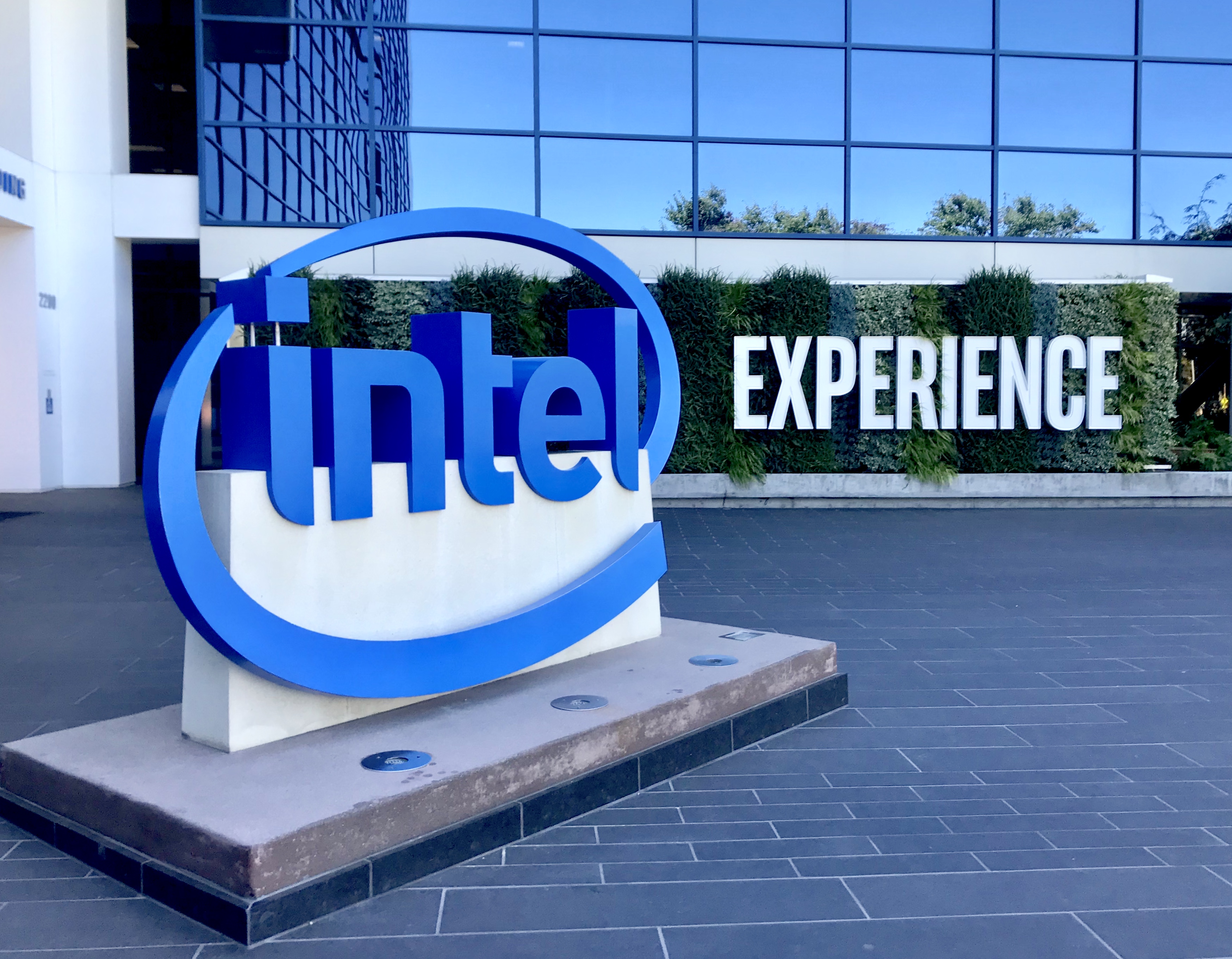

Intel acquired Vertex.AI, an open source deep learning platform founded in 2015, as part of their Artificial Intelligence Products Group (AIPG).
The mission of Vertex is to bridge the gap between hardware and AI-enabled software. The company’s goal is to turn theoretical research into applied results.
PlaidML, Vertex’s framework for deep learning, will continue development under nGraph, Intel’s backend suite of tools used for Artificial Neural Networks. It is described as an acceleration platform that allows developers to deploy high-performance neural nets on a variety of devices, including Linux, macOS and Windows.
Boasting support of all graphic processing units, or GPUs, regardless of make and model, PlaidML claims it is unique as an open-source and dependence-free system to help researchers and students alike.
“We are excited to advance flexible deep learning for edge computing as part of Intel,” said Vertex in a statement on their website.
Before Intel, Vertex.AI had raised funding from venture capital firms and accelerator programs. The company, founded by Choong Ng and Jeremy Bruestle, is based in Seattle, WA and does not plan to move to the Bay Area — Intel is based in Santa Clara.
“With this acquisition, Intel gained an experienced team and IP to further enable flexible deep learning at the edge,” an Intel spokesperson said. Intel has not disclosed further terms of the deal.
Intel’s AIPG organization has advanced its presence in AI significantly with recent acquisitions of Nervana, Mobileye, Altera and Movidius.
While its origin as a client computing business has remained Intel’s main source of income, the Data Center Group, or DCG, focusing on new products and technologies is rapidly approaching an equal value.
Intel’s PC-centric revenue grew by 6 percent while data-centric business (such as AI) saw a notable 26 percent increase in the second quarter of 2018.
This growth has been attributed to the rise in Cloud and communication service providers, leading to “explosive demand for data and to improve the performance of data-intensive workloads like artificial intelligence,” Intel said in its quarterly report.
Such an increase led to the opening of Intel’s first applied AI research lab in late 2017.
“Intel intends to rally the industry around a set of standards for AI that ultimately brings down costs and makes AI more accessible to more people,” said Naveen Rao, manager of the AIPG group and former CEO of Nervana.
AI is poised to be the next big revolution in technology.
Santa Clara is in the midst of an estimated $200 billion market with companies like Nvidia, Resure and Applied Materials working on AI capabilities.
Vertex.AI and its deep learning platform adds to Intel’s plans to release the neural network processor developed by Nervana as early as 2019.
Right or wrong, agree or disagree, common sense or no sense, if your thinking matches up…
Friday afternoon’s baseball matchup between the Wilcox Chargers and Milpitas Trojans was pretty much decided…
Super Bowl preparations are coming together, with the city manager saying the final agreements will…
It was March 2020, and the world was spinning in a direction no one expected…
Welcome to Santa Clara Dr. Damon Wright, the new Superintendent of the Santa Clara Unified…
The best theatrical show in Santa Clara isn’t at the Santa Clara Players or the…